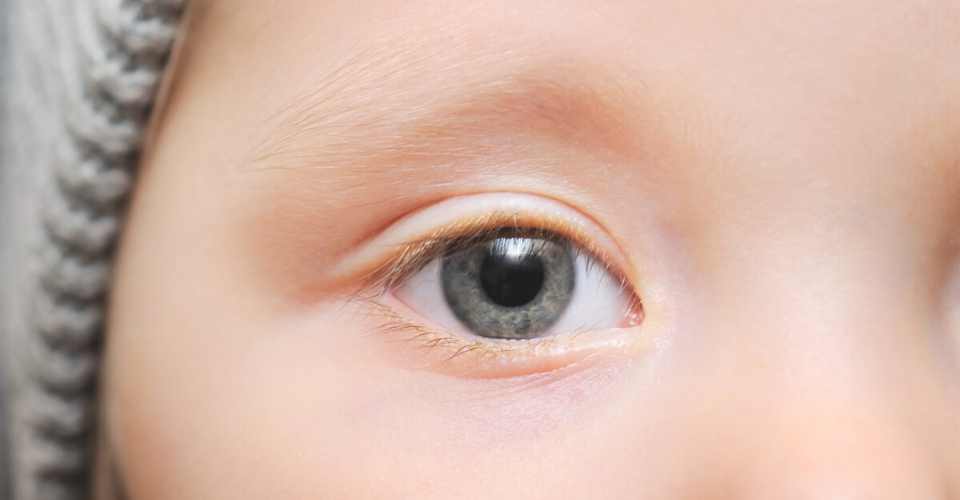Attention and the Senses
The study, published in Autism Research by a team of researchers, attempts to provide more insight into attention patterns among young children with autism and their relationship with sensory experiences. The research has identified significant links between “sticky attention” and certain sensory behaviours, as well as a novel kind of pattern called “springy attention”.
Sticky Attention Unmasked And Its Effects Discussed
Previous studies have shown that neuro-typical persons can have different types of atypical attention, such as ‘sticky attention’ where they find it hard to put away from some stimuli. It was thus necessary for Patrick Dwyer’s study group at Olga Tennison Autism Research Centre at Trobe University to look more closely into these patterns and how they affect sensory processing.
“Lots of autistic people experience the world differently – and often this can be overpowering,” Dwyer said. “They may also learn differently if an individual pays attention to something else than another person within his or her environment.”
Methods and Study Design
65 autistic children were included in the study sample together with 30 non-autistic children aged between 2 and 4 years bringing the total number of participants to 95. The diagnosis was confirmed through clinical assessment while nonautistic participants were subject to screening using the Social Communication Questionnaire.
Two broad measures of attention were employed: novelty preference task and gap-overlap task. Gap-overlap task required children to shift their visual gaze from a centrally presented stimulus toward a peripheral target while novelty preference task explored their preference for new versus old stimuli.
“We did an eye-tracking experiment on young autistic and non-autistic children looking at computer screens,” Dwyer stated. “There seemed to be two types of attending going on which we measured using this technique – in at least autistic individuals.”
Important results regarding Sticky Attention And Springy Attention
Autistic children did not have significantly higher levels of “sticky attention” than their nonautistic counterparts. However, within this group, those with slower attention disengagement had more sensory hypersensitivity and intense sensory interests.
“Sensory hyper-reactivity and sensory seeking were both related to this ‘sticky’ pattern in autism,” Dwyer informed PsyPost. “This might mean slow unstickiness of focus results in the more intense experience of senses for some autistic individuals.”
Additionally an unexpected pattern referred to as “springy attention” was also observed. Autistic children tended to look back at familiar stimuli rather than novel ones. This pattern was associated with lower cognitive functioning and greater sensory under-responsiveness.
“More hypo-responsive to sensations, or in other words, more sensory hypo-responsiveness,” Dwyer mentioned. “And also on a measure of cognitive ability it scored lower.”
Implications And Future Research
These findings contribute towards understanding the different patterns of attention in autistic children and how they affect their perception and cognition. However, there are some limitations in this study which include the use of hypothetical scenarios and that initial design did not consider measuring springy attention.
“There’s always need for replication before you can put too many eggs into one basket,” Dwyer said. The researchers want to better understand differences in sensation among people with autism as well as learning by delving more into how these relate to attention affecting sense experiences for individuals with autism.
As Dwyer concluded, “Ultimately, these findings may help us to learn more about the differences in our senses and the way autistic people learn.” “The idea is that we could gain some knowledge regarding how a few autistic sensations work by doing this which would enable people who are on the autism spectrum to regulate their sensory experiences more effectively.”
Patrick Dwyer, Andre Sillas, Melanie Prieto, Emily Camp, Christine Wu Nordahl and Susan M. Rivera wrote the article entitled Hyper-focus, sticky attention and springy attention in young autistic children: Associations with sensory behaviors and cognitive ability.










